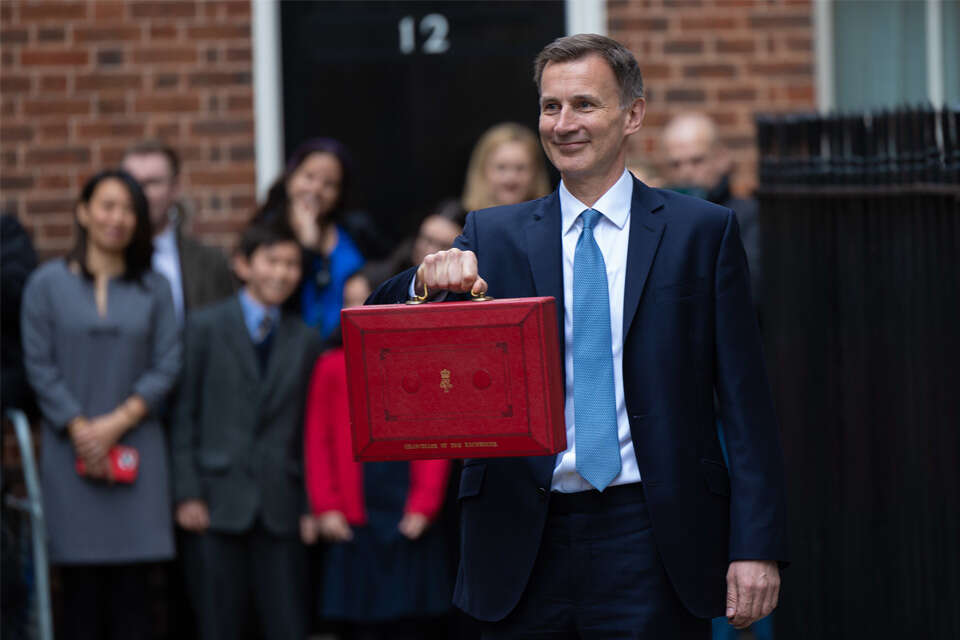
March was a busy month in Whitehall as the government announced a raft of new tech policies.
Chancellor Jeremy Hunt delivered a tech-heavy spring budget in March, with news that the ‘full expensing’ scheme had been extended until 2026 (it has since been made permanent). This allows companies to claim tax relief on purchases of IT equipment.

Hunt also introduced new R&D tax credits worth £500m, though given that the government cut a similar but more generous scheme the year before, this was perhaps not the gift that it seemed.
Elsewhere, the government launched its UK national quantum computing strategy, including the promise of £2.5bn funding for quantum technologies, new research centres and more targeted regulation, as well as moves to encourage greater private investment in the sector.
Tech secretary Michelle Donelan said the strategy would “make the UK the home for cutting-edge scientific breakthroughs, the best place in the world to start and grow a quantum business, a leading voice in the international quantum and tech community, and a magnet for international quantum talent”.
Later in the month, the government’s AI white paper emerged, detailing for the first time the “light touch” approach the UK would take to regulating the technology. Prime Minister Rishi Sunak also announced the formation of a Foundation Model Taskforce to look at the implications of powerful artificial intelligence for society.
It wasn’t all good news for the government’s technology projects. March also saw plans for the Royal Mint to issue UK government-backed non-fungible tokens (NFTs) scrapped less than a year after the scheme was announced.
Arm’s American dream
The government had hoped that its tech ambitions would be boosted by chip design giant Arm choosing to list on the London Stock Exchange. But they were left disappointed when Arm’s Japanese parent organisation SoftBank plumped to hold its IPO in the US instead.
It was revealed Arm shares would be traded on New York’s Nasdaq market, despite the company being headquartered in the UK. SoftBank chose to take Arm public after a proposed takeover by Nvidia fell through amid high levels of regulatory opposition.
The UK government had engaged in a long charm offensive to try and persuade Arm of the merits of London, or even of a joint listing in both countries. But Arm CEO Rene Haas said his company “determined that pursuing a US-only listing of Arm in 2023 is the best path forward for the company and its stakeholders”.
Rumours soon started swirling about changes Arm might make to its device-agnostic business model, which has helped its technology become integral to the design of the vast majority of the mobile devices in the world, including the iPhone.
It was reported that the company had been in talks with some of its biggest customers, including Qualcomm and Mediatek, about changing licenses so that royalties would be paid based on the value of the finished device, rather than the chip inside it. This would enable Arm to significantly grow its income, but leave its clients with much larger bills. The IPO eventually took place in September, and no such licensing changes have been announced.
More from March 2023
- Could undersea cables be the next casualty of hybrid warfare?
- Did biometric systems fail Nigeria’s democracy?
- Can AI help businesses weather the climate crisis?






